Two of the biggest hiring challenges many large, well-known businesses are facing is handling consent for background checks and disclosing reasons related to background check results why someone may not be hired for a position. Considering their size, and we’re assuming, human resources departments, it’s surprising that so many of these big names keep finding themselves in court defending their actions.
You can read about some of these pending cases on ActiveCare, the official blog of nationally-accredited screening company Active Screening, of which Protect My Ministry is affiliated.
From Whole Foods to Hertz, no company – nor ministry, no matter how big or small – is safe from the watchful eyes of the federal agencies who oversee the correct implementation of the Fair Credit Reporting Act (FCRA).
It’s vital that ministries who conduct background checks know and understand FCRA, and take proper steps to ensure the law is being followed correctly. If you don’t, you could find yourself at the center of a costly lawsuit that could have dire repercussions on your church, congregation and outreach programs.
FCRA Basics
The Fair Credit Reporting Act is the primary law that governs the actions of Consumer Reporting Agencies (CRAs) – that’s what Protect My Ministry is – and employers when conducting background checks.
If a church intends to screen a job applicant, it must notify the applicant in writing that it wants to conduct a background check. The church MUST ask for the applicants’ permission in writing. This needs to be done on documents that are entirely separate from the application and can’t contain any other information pertaining to the hiring process.
Before obtaining a background report from a CRA like Protect My Ministry, a church must:
- provide certification to us that it is requesting the report for employment purposes
- have provided the required disclosure form to the applicant
- have obtained the necessary written consent to obtain the report
- provide the applicant with a copy of the report along with notifying them of their rights before taking any adverse action based in whole or in part on the results
- not use the results from the report in a manner that violates federal or state equal opportunity laws.
If, after reviewing the background check results, you find some information that would eliminate someone from the applicant pool and you don’t want to hire them, this is called Adverse Action. If a church plans to take any adverse action based in whole or in part upon results obtained from a background report, the FCRA requires the employer to provide specific notifications to the applicant or employee.
This last component is where a lot of employers, or the screening agency with whom they choose to work, get sloppy. And being sloppy will cost you big time if you’re caught.
How to Comply with AA
An “adverse action” is either a denial of employment or any other decision that adversely affects any current or prospective employee. The FCRA requires employers to provide a copy of the consumer report results to the applicant or employee and additionally provide them with a copy of their rights under the FCRA (the “Summary of Rights Under the FCRA”) before taking adverse action based upon information contained in the consumer report.
If a church takes adverse action, it must provide the applicant or employee with the following information:
- Name, address, and telephone number of the consumer reporting agency issuing the report
- Statement that the CRA was not the decision maker and can not explain why the adverse decision was made
- Statement regarding the applicant or employee’s right to obtain a free disclosure of the report from the CRA if the applicant or employee requests the report within 60 days of notice of the adverse action
- Statement regarding the applicant or employee’s right to dispute directly with the CRA the accuracy or completeness of any information provided by the agency.
Churches – we want to hear from you! What is the most difficult challenge to complying with FCRA law? How have you overcome that, or what strategies are you trying? Tweet us here!
